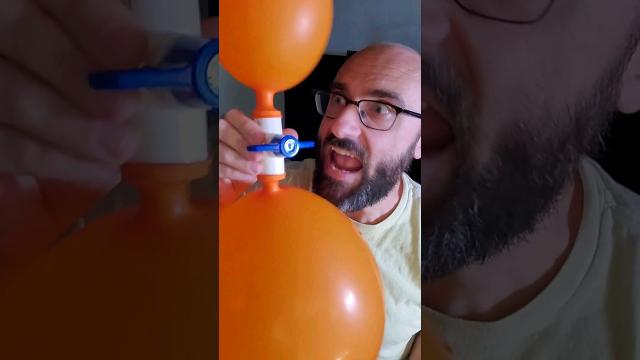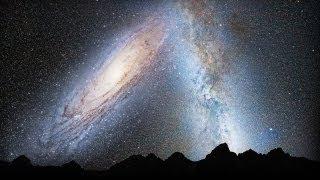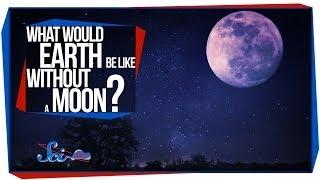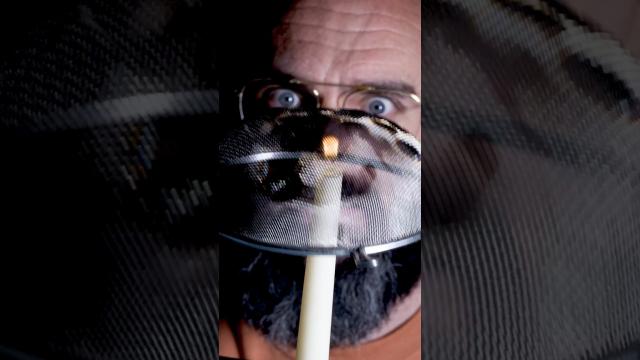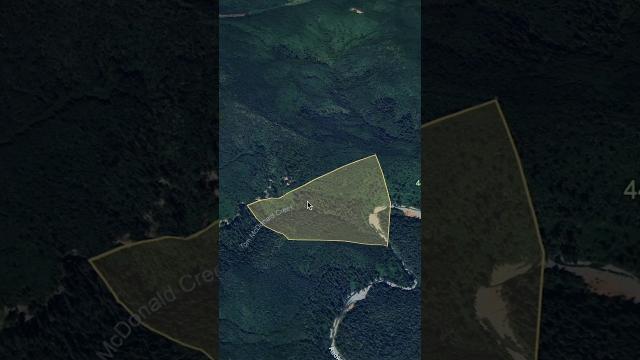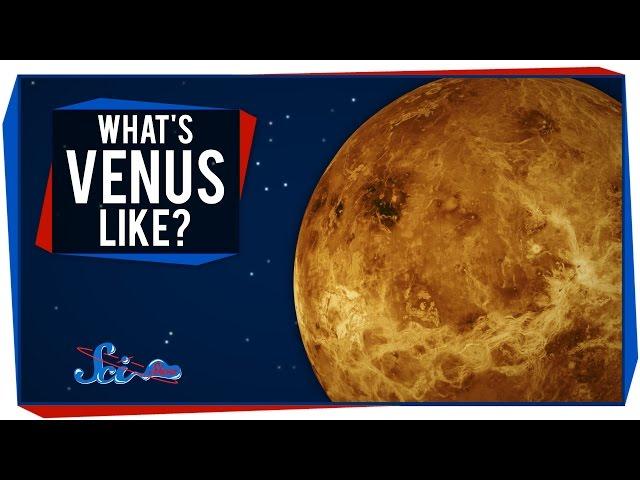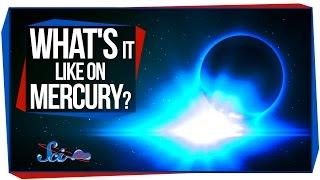Time Travel, Teleportation & Science
Time travel is the concept of moving between different points in time in a manner analogous to moving between different points in space, generally using a theoretical invention, namely a time machine. It has a commonly recognized place in philosophy and fiction, but has a very limited application in real world physics, such as in quantum mechanics or wormholes.
Although the 1895 novel The Time Machine by H. G. Wells was instrumental in moving the concept of time travel to the forefront of the public imagination, The Clock That Went Backward by Edward Page Mitchell was published in 1881 and involves a clock that allowed three men to travel backwards in time.[1][2] Non-technological forms of time travel had appeared in a number of earlier stories such as Charles Dickens' A Christmas Carol. Historically, the concept dates back to the early mythologies of Hinduism (such as the Mahabharata), Buddhism, and Islam through ancient folk tales. More recently, with advancing technology and a greater scientific understanding of the universe, the plausibility of time travel has been explored in greater detail by science fiction writers, philosophers, and physicists.
Teleportation, or Teletransportation, is the theoretical transfer of matter or energy from one point to another without traversing the physical space between them. It has a commonly recognized place in science fiction literature, film, and television, but as yet has a very limited application in real world physics, such as quantum teleportation or the study of wormholes.
Science (from Latin scientia, meaning "knowledge") is a systematic enterprise that builds and organizes knowledge in the form of testable explanations and predictions about the universe. In an older and closely related meaning, "science" also refers to a body of knowledge itself, of the type that can be rationally explained and reliably applied. A practitioner of science is known as a scientist.
In modern usage, "science" most often refers to a way of pursuing knowledge, not only the knowledge itself. It is also often restricted to those branches of study that seek to explain the phenomena of the material universe.
Source : Wikipedia
-
05:12
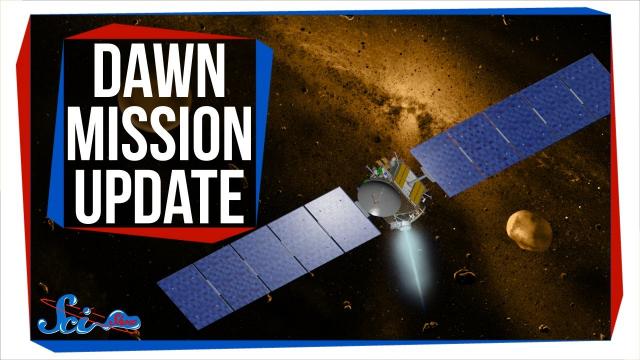
What We've Learned from the Dawn Mission So Far
Added 628 Views / 0 LikesWhat We've Learned from the Dawn Mission So Far
-
04:25
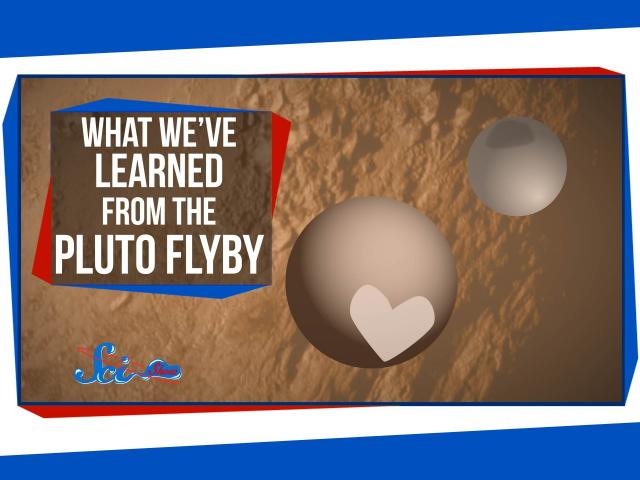
What We've Learned from the Pluto Flyby!
Added 718 Views / 0 LikesWhat We've Learned from the Pluto Flyby!
-
06:10
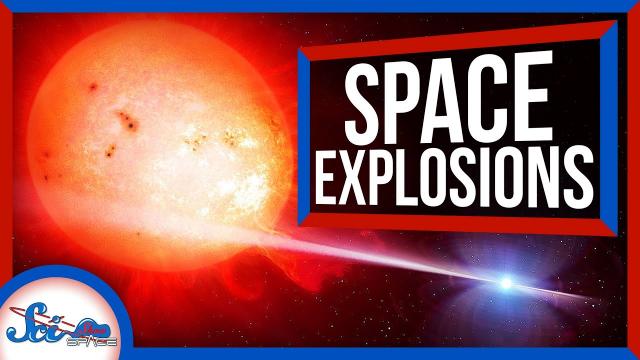
What We’re Learning from the Brightest Supernova Ever Seen | SciShow News
Added 433 Views / 0 LikesIt’s been a great week for space explosions! Astronomers learned more about the mechanism that causes novas by looking at the nova V906 Carinae, and the brightest supernova ever recorded shed some new light on pulsation pair-instability.Get the Vostok 1 p
-
06:04
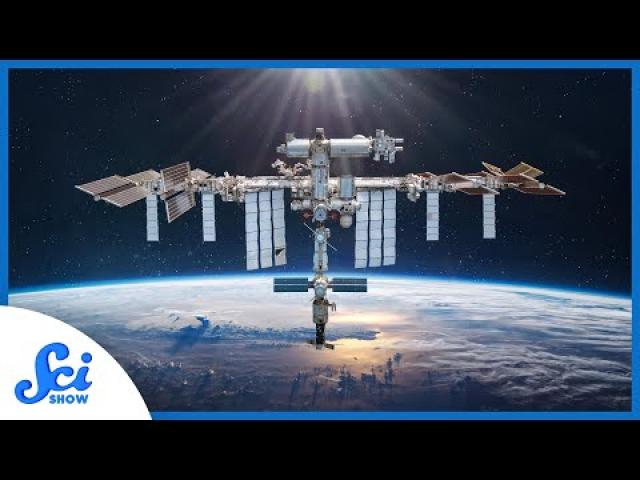
What Will Happen to The ISS?
Added 214 Views / 0 LikesAfter more than two decades buzzing around above our heads, the life of the ISS will soon be coming to a close. But what does that actually look like? And what does it mean for the future of space experimentation? Hosted By: Reid Reimers----------Huge tha
-
17:23
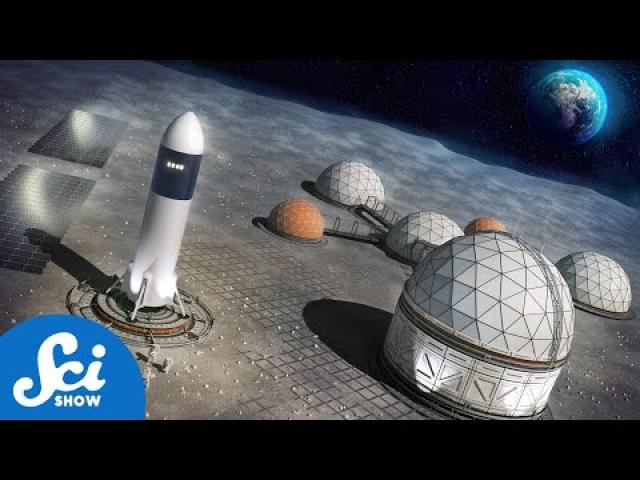
What Will It Be Like To Live on the Moon? | Compilation
Added 193 Views / 0 LikesThe Moon is pretty prime real estate once you get past the lack of oxygen, resources, and general mobility, but if quality of life isn't what you're after, here's how we might make it all work.Hosted by: Reid Reimers (he/him)----------Huge thanks go to th
-
01:49
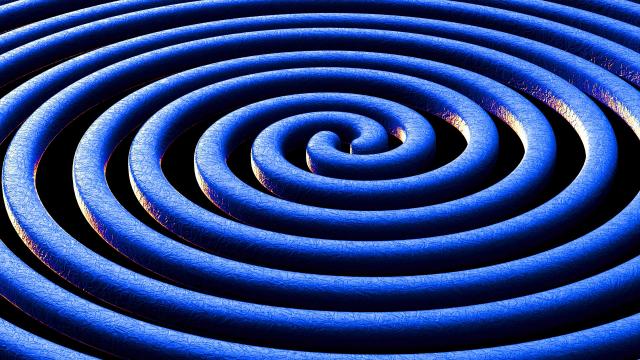
What will we learn from the detection of gravitational waves?
Added 802 Views / 0 LikesWhat will we learn from the detection of gravitational waves?
-
03:46
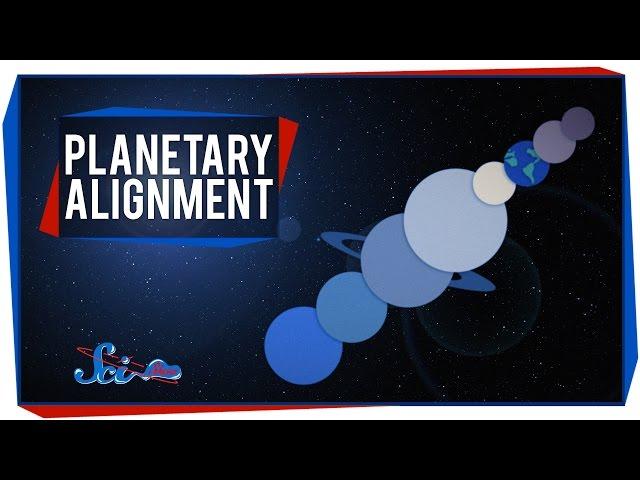
What Would Happen If the Planets Lined Up?
Added 667 Views / 0 LikesWhat Would Happen If the Planets Lined Up?
-
07:24
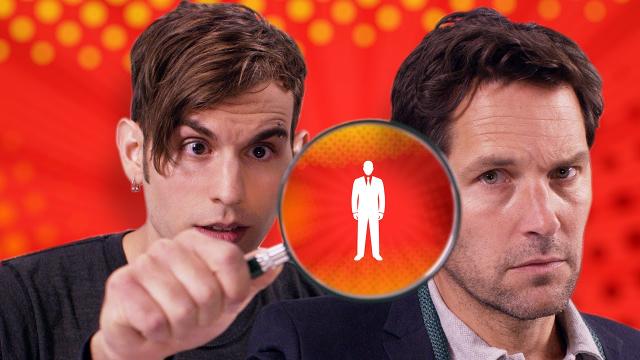
What Would Happen if You Were Shrunk?
Added 613 Views / 0 LikesWatch the Ant-Man trailer: https://youtu.be/pWdKf3MneyITwitter: http://twitter.com/vsaucethree***Click "SHOW MORE" for links***White Dwarfshttp://science.nationalgeographic.com/science/space/universe/white-dwarfs-article/Properties of Diamond and Carbon F
-
06:13
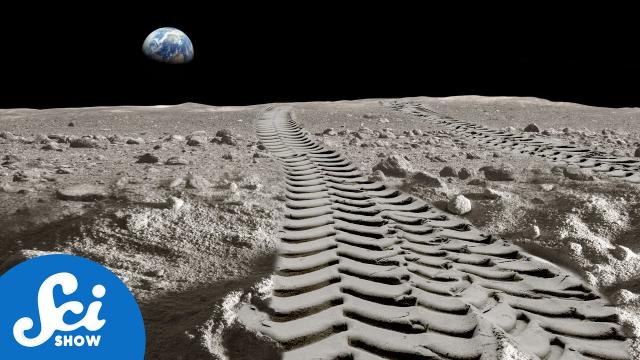
What's Going to Space in 2023?
Added 183 Views / 0 Likes2022 was a pretty exciting year for space science, but what news might we expect in the coming year? Hosted by: Savannah Geary (they/them)----------Huge thanks go to the following Patreon supporter for helping us keep SciShow Space free for everyone forev
-
00:56
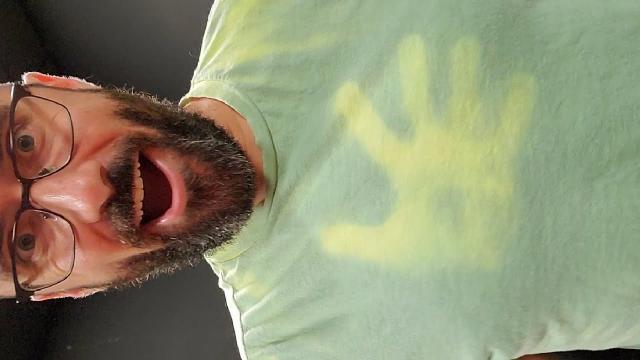
What's In The Winter Box #shorts
Added 243 Views / 0 Likeshttps://www.curiositybox.comeat my #shorts
-
05:23
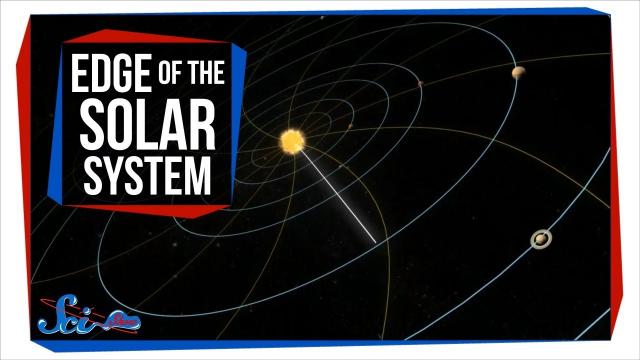
What's It Like at the Edge of the Solar System?
Added 543 Views / 0 LikesWhere does our solar system end, and interstellar space begin, and what is it like there? Satellites and probes like IBEX and Voyager 1 & 2 help us get a better look at our special corner of the galaxy.Nature League: Can Complex Life Evolve Without Oxygen
-
23:27
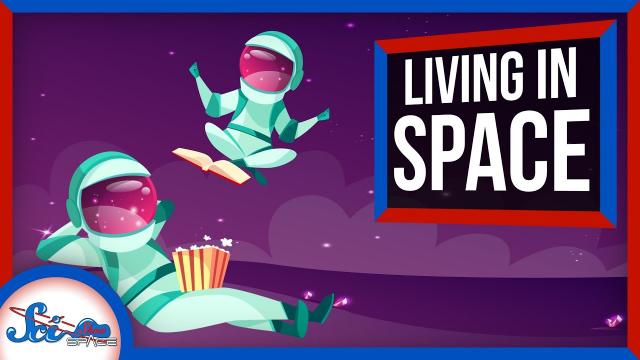
What's It Like to Live in Space? | Compilation
Added 278 Views / 0 LikesIf you want to spend any amount of time in space, you'll have to make adjustments to your lifestyle. From what you eat, to how you go to the bathroom, to regular activities you're simply not allowed to do on the ISS, SciShow Space has covered what life is

